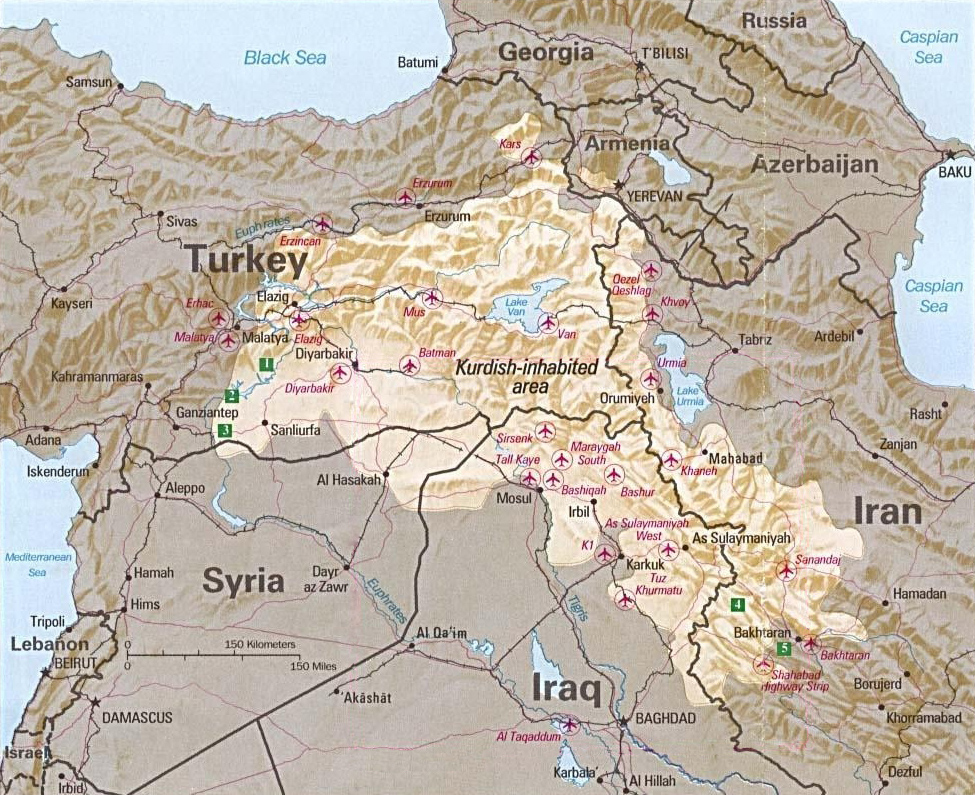The debate around peace between Turkey and its Kurdish minority has re-surfaced, hinting at possible preparations by both sides to find middle ground to restart negotiations, Arab News reports.
Political changes, shifting voting intentions and trouble along the southern border with Iraq and Syria, experts suggest, might all be playing a part in moves by President Recep Tayyip Erdogan to alter his stance on issues surrounding the country’s largest ethnic minority group.
The peace process between Ankara and the Kurds ended in July 2015 after the killing of two policemen in the southeastern province of Ceylanpinar, leading to the resumption of the decades-old Kurdish-Turkish conflict.
During elections in June 2015, the People’s Democratic Party (HDP) passed the 10 percent threshold to become the first pro-Kurdish party to win seats in Parliament.
Part of the thinking behind a possible thaw in tensions comes from Ankara’s concern that the Syrian Kurdish People’s Protection Units (YPG) — which it considers a terror group linked to the Kurdistan Worker’s Party (PKK) in Turkey — might encourage Turkey’s Kurds to try to decentralize power and create a Kurdish state along its southern border.
The PKK has fought a nearly four-decade-long war for autonomy against Turkey. Kurds make up 20 percent of Turkey’s population, and such a move would have serious repercussions for Ankara were it to come to pass. Turkey has been targeting Kurdish forces in Syria and neighboring Iraq for some time in light of fears over Kurdish separatism.
Samuel Ramani, a Middle East analyst at the University of Oxford, told Arab News: “In spite of ideological divergences amongst Kurdish communities, peace negotiations between Turkey and the HDP could result in a period of Turkish restraint towards Kurdish communities in Syria and Iraq.
“Erdogan has warned about potentially launching another offensive against Kurdish militias in northern Syria, and Joe Biden’s victory in the US elections has caused some to suggest that might occur before January,” he added.
“Turkey has also stepped up strikes in Iraqi Kurdistan. As the HDP broke with the Turkish political consensus by opposing Operation Peace Spring in October 2019 and endorsed Iraqi Kurdistan’s independence referendum, Erdogan will be cautious not to step on the HDP’s toes while negotiations are underway,” Ramani said.
In the long-run, Ramani thinks that the HDP will have to accommodate Erdogan’s military operations in Syria and Iraq, and weigh whether such actions might constitute a sufficient breach to derail a peace agreement.
